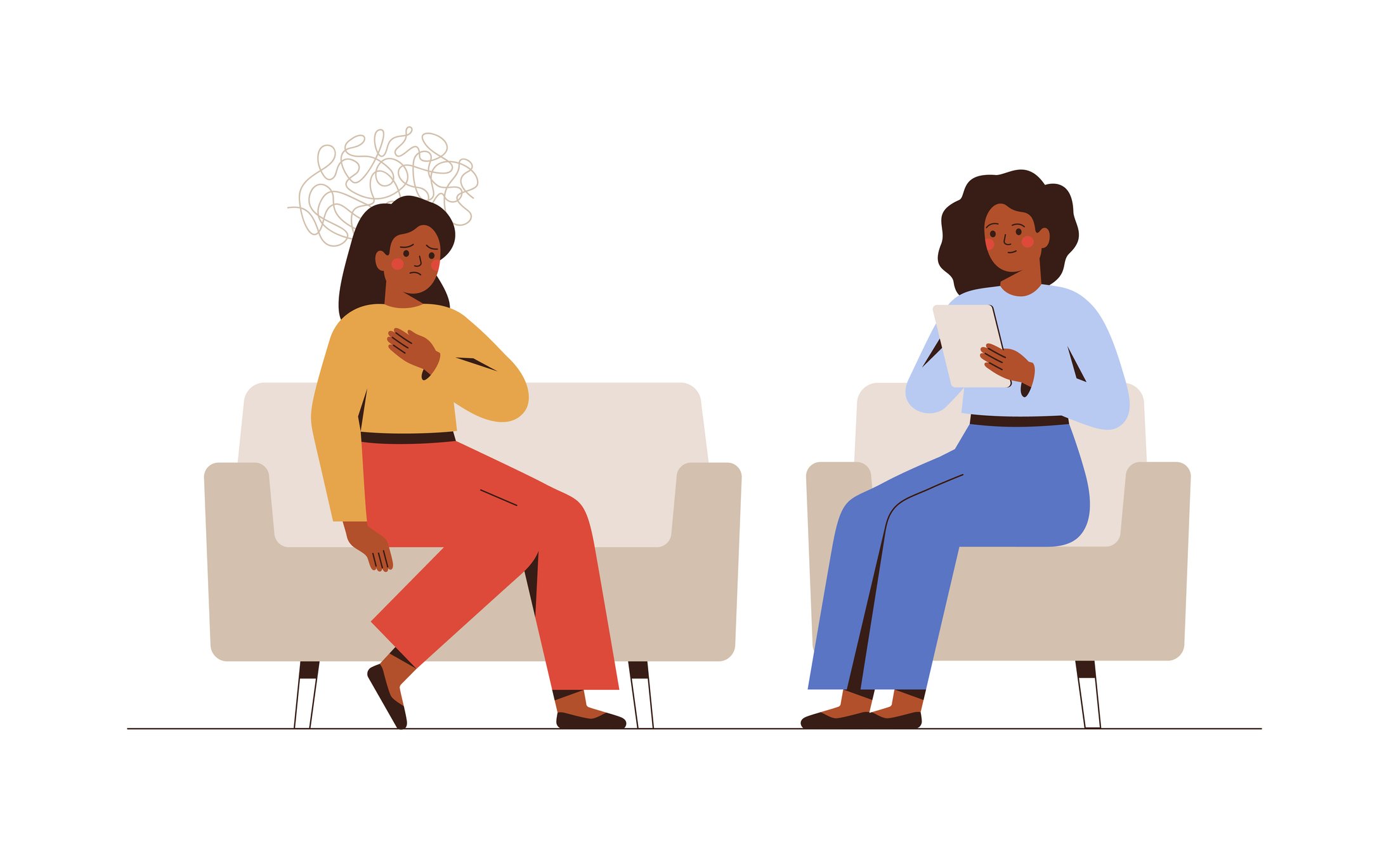Mental health is a crucial component of overall well-being, yet many men face challenges in acknowledging and addressing their mental health needs. Societal expectations and traditional notions of masculinity often deter men from seeking help, resulting in untreated mental health issues.
It is crucial to actively advocate for breaking down the stigma surrounding men's mental health and encourage open, sincere dialogues. This blog seeks to illuminate the significance of mental health for men and offer practical steps to cultivate a supportive environment.
The Stigma Surrounding Men's Mental Health
Throughout history, there has been an expectation for men to embody strength, stoicism, and self-reliance. These cultural norms can pose challenges for men in acknowledging vulnerability or seeking help for mental health issues. The stigma surrounding mental health is often fueled by myths such as:
- "Men don't cry": Emotional expression is often seen as a sign of weakness in men.
- "Real men are tough": Asking for help is wrongly perceived as a lack of toughness or resilience.
- "Mental health issues are not real problems": There is a misconception mental health problems are not as significant as physical health issues.
These beliefs can lead to feelings of shame, isolation, and reluctance to seek support, exacerbating mental health problems.
The Impact of Untreated Mental Health Issues
Untreated mental health issues can have severe consequences for men, affecting all areas of life, including:
- Physical Health: Chronic stress, depression, and anxiety can lead to physical health problems such as heart disease, hypertension, and weakened immune function.
- Relationships: Mental health struggles can strain relationships with family, friends, and colleagues.
- Career: Poor mental health can affect job performance, leading to absenteeism and reduced productivity.
- Overall Quality of Life: Mental health issues can diminish overall life satisfaction and increase the risk of substance abuse and suicidal behavior.
Recognizing the Signs of Mental Health Issues
Awareness is the first step towards addressing mental health. It's essential to recognize the signs that might indicate a mental health issue, such as:
- Persistent sadness or irritability
- Loss of interest in activities once enjoyed
- Changes in appetite or sleep patterns
- Difficulty concentrating or making decisions
- Feelings of hopelessness or worthlessness
- Physical symptoms like headaches or stomachaches without a clear cause
- Thoughts of self-harm or suicide
Breaking the Stigma: Steps Toward Change
- Open Conversations: Encourage men to talk about their feelings and experiences without judgment. Normalize discussions about mental health in everyday conversations.
- Education and Awareness: Provide accurate information about mental health issues and their impact. Dispel myths and misconceptions through educational programs and campaigns.
- Promote Positive Masculinity: Redefine masculinity to include emotional expression, vulnerability, and seeking help as signs of strength and resilience.
- Support Systems: Create supportive environments at home, work, and within the community where men feel safe to express their mental health concerns.
- Accessible Resources: Ensure mental health resources and services are readily available and accessible to all men. This includes hotlines, counseling services, and support groups.
- Role Models: Highlight stories of men who have successfully addressed their mental health issues. Public figures and community leaders can play a significant role in changing perceptions.
Taking Action: How Men Can Improve Their Mental Health
- Seek Professional Help: If you’re struggling with mental health issues, consider talking to a mental health professional. Therapy, counseling, and medication can be highly effective.
- Build a Support Network: Surround yourself with friends and family who offer emotional support. Don’t hesitate to lean on your support network when needed.
- Practice Self-Care: Engage in activities that promote relaxation and well-being, such as exercise, hobbies, and mindfulness practices.
- Express Emotions: Allow yourself to feel and express your emotions. Journaling, talking with a trusted friend, or engaging in creative activities can be therapeutic.
- Educate Yourself: Learn about mental health and the factors that affect it. Understanding your mental health can empower you to take proactive steps toward improvement.
It is essential to break the stigma surrounding men's mental health to create a healthier, more supportive society. By challenging outdated ideas of masculinity and encouraging open, sincere conversations about mental health, we can help men feel more at ease seeking the assistance they need. Remember, mental health is just as crucial as physical health, and taking care of it demonstrates strength, not weakness. If you or someone you know is struggling, don't hesitate to seek support—because every man deserves a fulfilling, healthy life.


 There are large disparities in mental healthcare across races and ethnicities in the U.S. Many factors contribute to the poor mental health outcomes of minority populations. Such as:
There are large disparities in mental healthcare across races and ethnicities in the U.S. Many factors contribute to the poor mental health outcomes of minority populations. Such as: